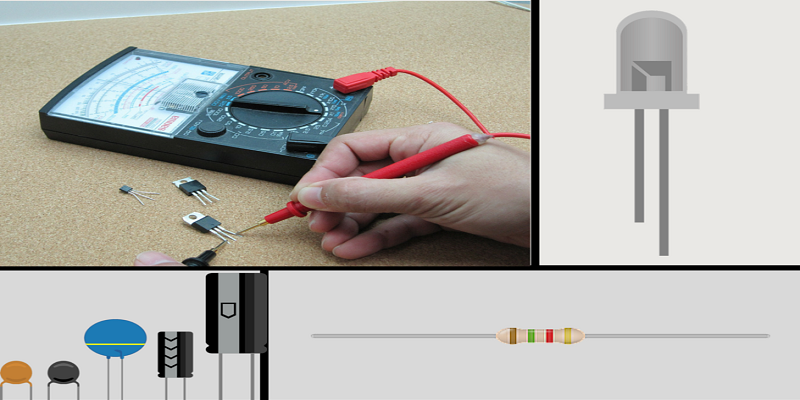When it comes to towing, safety and compliance with regulations are paramount. One of the most frequently asked questions among vehicle owners is, How much can I tow without electric brakes? This inquiry is not just about numbers; it encompasses a range of factors including vehicle specifications, load distribution, and legal requirements. In this article, we will delve into the intricacies of towing without electric brakes, providing you with a comprehensive understanding of the limits and best practices.
The Basics of Towing Capacity
Towing capacity refers to the maximum weight that a vehicle can safely tow. This capacity is determined by several factors, including the vehicle's engine power, transmission, suspension, and braking system. For vehicles without electric brakes, the towing capacity is generally lower than those equipped with them. This is primarily due to the increased stopping distance and the potential for brake overheating when towing heavier loads.
Legal Considerations
Before you hit the road, it's crucial to understand the legal implications of towing without electric brakes. In many jurisdictions, laws dictate the maximum weight that can be towed without a braking system. For instance, in the United States, the Federal Motor Carrier Safety Administration (FMCSA) stipulates that trailers weighing over 3,000 pounds must have their own braking system. This means that if your trailer exceeds this weight, you are legally required to have electric brakes installed.
Factors Influencing Towing Capacity Without Electric Brakes
- Vehicle Specifications: Each vehicle has a manufacturer-rated towing capacity, which can usually be found in the owner’s manual. This rating is crucial when determining how much weight you can safely tow without electric brakes. Generally, lighter trailers (under 2,000 pounds) can be towed without electric brakes, but this varies by vehicle.
- Weight Distribution: Proper weight distribution is essential for safe towing. A trailer that is too heavy at the front or back can lead to swaying, which can be dangerous. Ensuring that the load is evenly distributed can help mitigate some of the risks associated with towing without electric brakes.
- Braking System: The braking system of your towing vehicle plays a significant role in determining how much weight you can safely tow. Vehicles equipped with larger brakes or advanced braking systems may handle heavier loads better than those with standard brakes.
- Terrain and Conditions: The type of terrain you will be towing on also affects your towing capacity. Steep hills, rough roads, and adverse weather conditions can all impact your vehicle's ability to stop effectively. If you plan to tow in challenging conditions, it’s advisable to err on the side of caution and reduce your towing weight.
Practical Guidelines for Towing Without Electric Brakes
- Know Your Limits: Always refer to your vehicle's owner manual for the specific towing capacity. If your trailer is close to the maximum weight, consider upgrading to a vehicle with electric brakes.
- Use a Weight Distribution Hitch: This type of hitch can help distribute the weight of the trailer more evenly across the towing vehicle, improving stability and control.
- Conduct Regular Maintenance: Ensure that your vehicle’s brakes are in optimal condition. Regular inspections can help identify any issues that may compromise your towing safety.
- Practice Safe Driving Techniques: When towing without electric brakes, increase your following distance and reduce your speed. This will give you more time to react in case of sudden stops.
- Consider Upgrading: If you frequently tow heavier loads, investing in a vehicle with electric brakes or adding electric brakes to your trailer can significantly enhance safety and control.
Conclusion
Understanding how much you can tow without electric brakes is essential for safe and responsible towing. By considering vehicle specifications, legal requirements, and practical guidelines, you can make informed decisions that prioritize safety on the road. Always remember that when in doubt, it’s better to err on the side of caution and consult with professionals or refer to your vehicle’s manual. Safe towing is not just about knowing the numbers; it’s about ensuring that you and others on the road remain safe.


